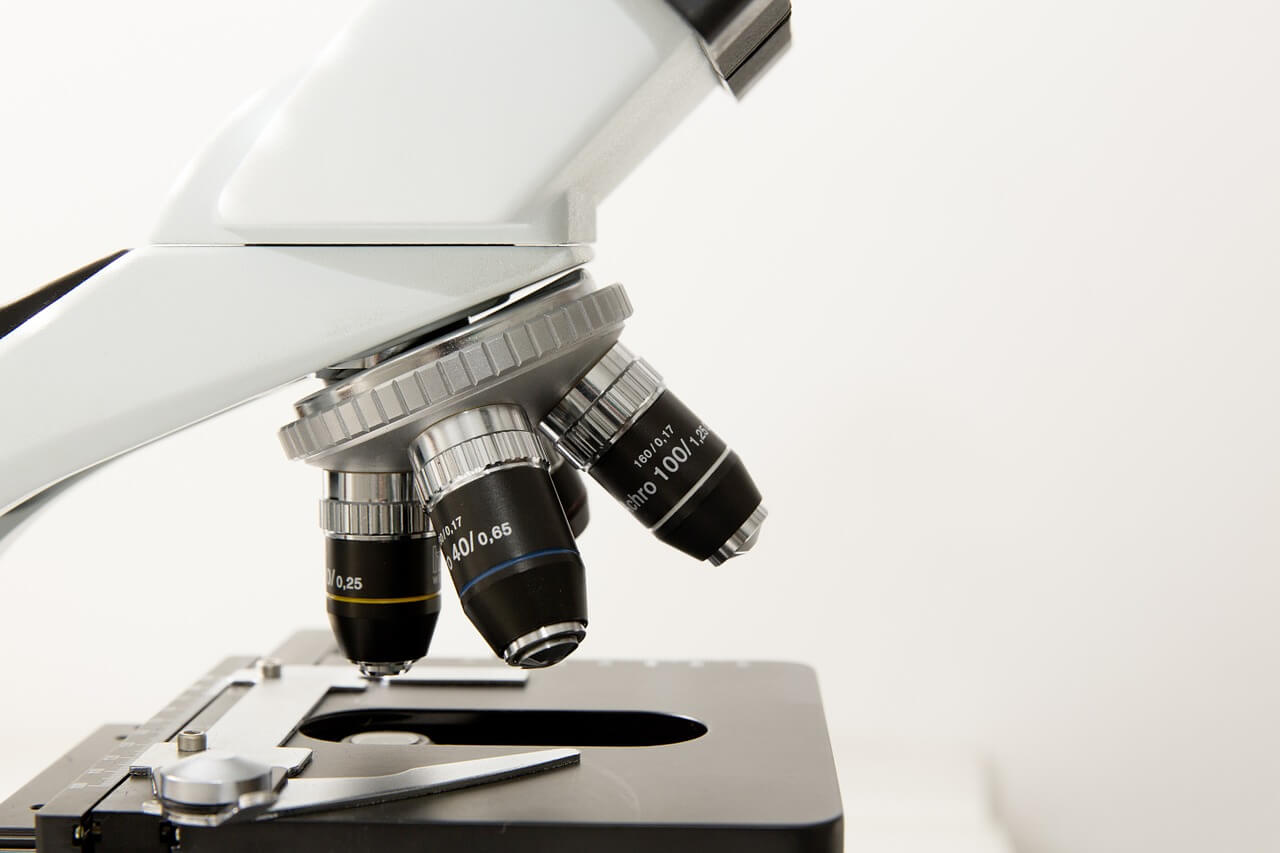
Purpose: To determine whether meibomian gland function could be improved using the novel LipiFlow® Thermal Pulsation System treatment for MGD. Methods: Subjects diagnosed with MGD and moderate to severe dry eye were recruited for a non-significant risk, prospective, open-label, randomized, multi-center clinical trial. Subjects (n=69) were randomized to receive the novel LipiFlow® Thermal Pulsation System treatment. Following a pretreatment meibomian gland evaluation on day zero, the subjects received a single 12-minute LipiFlow® treatment and were reexamined at 1 day for safety, and at 2 and 4 weeks for safety and efficacy. Meibomian gland function was assessed using standardized meibomian gland expression for the temporal, central and nasal sections of the lower eyelid to provide the number of meibomian glands yielding liquid secretion and also the meibomian gland secretion quality score. Five glands were evaluated for each of the 3 sections of the lower eyelid, thus, the maximum possible number of meibomian glands yielding liquid secretion per eyelid = 15, while the maximum possible secretion quality score = 45.
Results: The number of meibomian glands yielding liquid secretion pre-treatment (0.6±0.9; range: 0-4) improved significantly post-treatment at the 2-week visit (2.0±2.9; range: 0-14, p < 0.05) and this was maintained at the 4-week visit (2.6±3.6; range: 0-15, p < 0.05 vs. baseline). Likewise, the meibomian gland secretion score pre-treatment (6.2±3.6; range: 0-12) improved significantly post-treatment at the 2-week visit (14.4±8.7; range: 0-44, p < 0.05) and improvement was maintained at the 4-week visit (16.7±8.7; range: 0-45, p < 0.05 vs. baseline).
Conclusion: The LipiFlow® Thermal Pulsation System significantly improves meibomian gland functional parameters for weeks following a single 12-minute treatment, thus establishing this method as a highly effective treatment for MGD.
